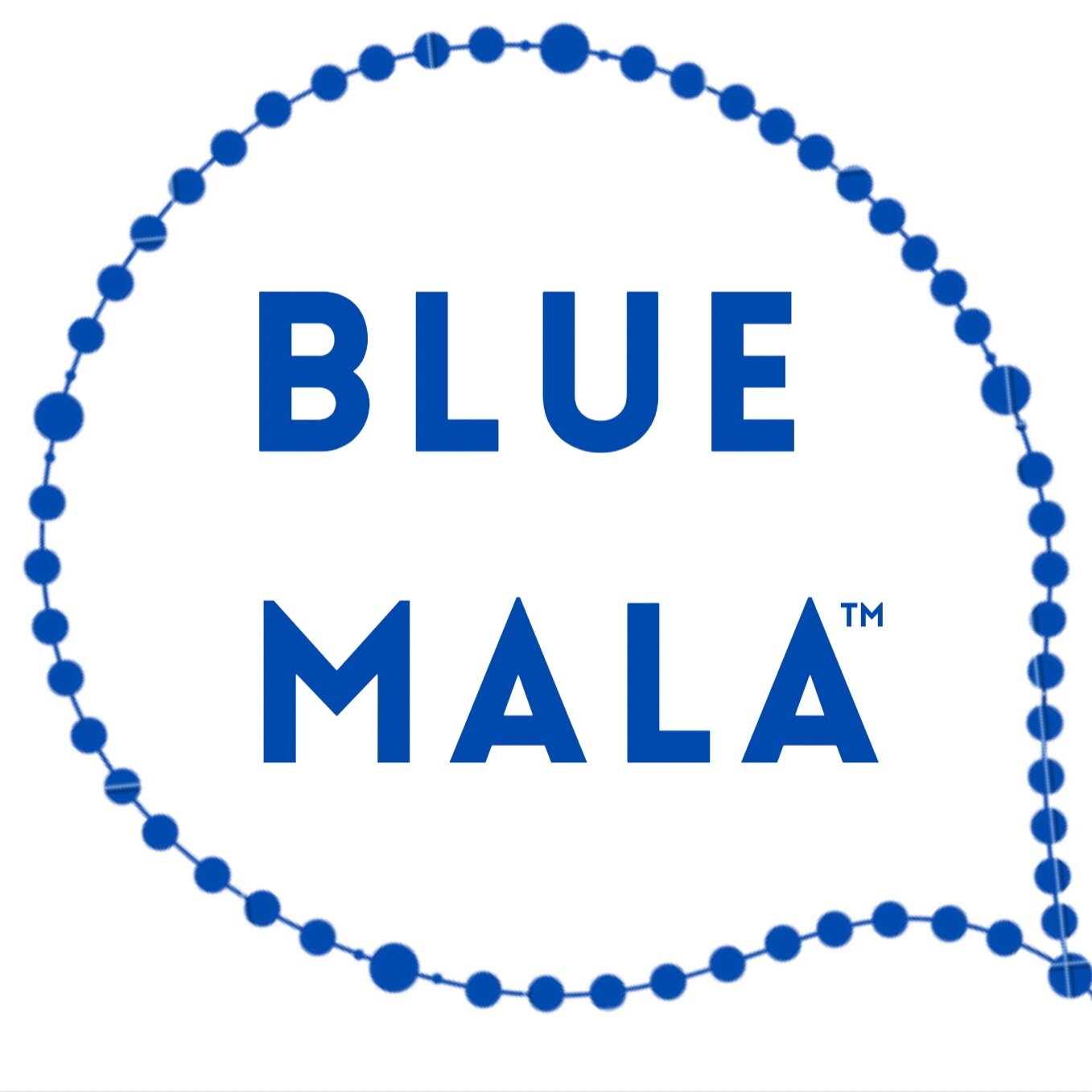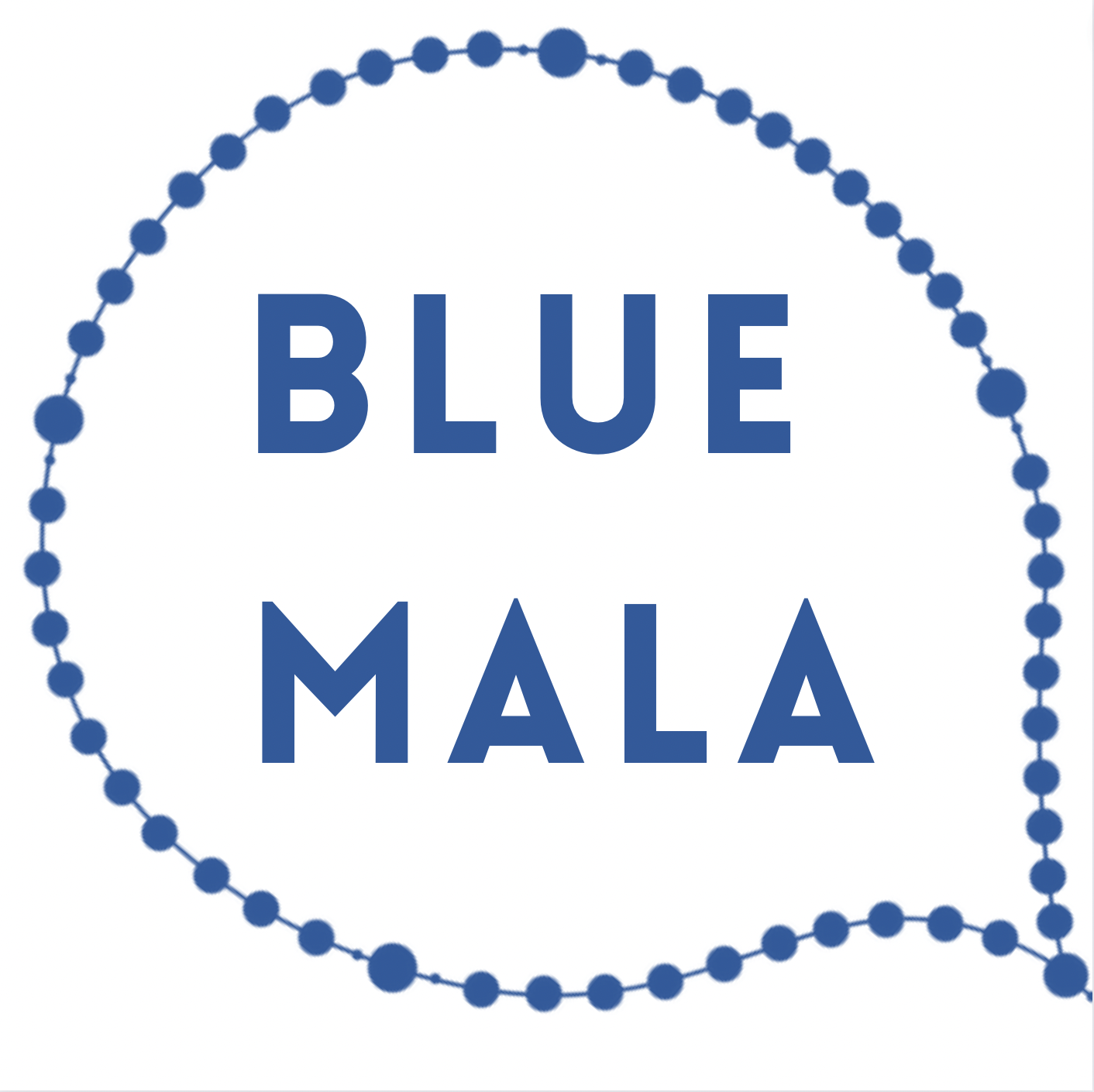Vulnerability = Courage
There is one very important thing that I talk about at the beginning of all my anxiety management workshops. This basic foundation underpins everything we do, and it’s important to get it right.
Vulnerability is courageous.
It’s not easy to put this into action. When things get emotional, when someone’s voice cracks, when their eyes tear up, when they stumble over their words talking about the miscarriage, the best friend who betrayed them, the fear that they will never find passion in their life - their first inclination is to apologize.
We feel shame for our emotions and regret flinging them all over everyone. We invoke the bullshit concept of “oversharing” or “TMI” but actually, I’m over here grinning and clapping like a six-year-old at her own birthday party. Because owning our own soft spots takes such strength and courage. The common path is denying our humanity and making a self-deprecating joke. The typical path is pretending you are immune to these annoying human emotions, and that everything is fine I’m fine it’s fine.
Not only is that the typical path, but it’s also the path that ends up being three times longer and is covered in snakes.
But baring your soul? Honoring the parts of you that feel uncertain and afraid? That’s freaking warrior territory. That’s where the real work happens. I see it time and time again, working with everyone from middle-schoolers with sensory disorders to combat Veterans with post-traumatic stress. Unless you are willing to go there - actually go there for real - you’re going to get stuck.
The only way out is through.
“What we can’t articulate controls us,” I said during one of my online workshops.
When people understand this, everything shifts. When people are willing to show up and do the work and not fear the things that usually go unsaid, the whole worlds open up. When we put words to it, it loses power. When you bring it to the light of day, it shrivels. I’ve seen it over and over.
But when people put ego and shame and their most detrimental emotional habits front and center - it’s boring. Nothing happens. Nothing changes.
The folks on my Zoom screen nod at this concept of welcoming vulnerability. This group looks relieved. Maybe this is a place where their sensitive nature will be an asset, not a liability. They look ready to do this.
And that’s when I totally wreck it.
“We’re going to go around now and introduce ourselves, maybe say a little bit about why you have signed up for this workshop.” Suddenly, everyone needs to drink their tea and check phones to see if family members have been rushed to the hospital, offering a legit reason to bolt.
They hate this part.
I hate this part.
Whenever I have to introduce myself and boil down my entire life to a 90-second elevator pitch, it feels like I’m just saying: please like me, please think I’m smart and interesting. In doing so, my hands shake, I use illogical sentence structures and my mouth produces so much spit that I need to stop and swallow in the middle of a word.
But this part is essential. Like re-breaking a bone to set it right, it’s painful but it aligns us properly. It reminds us that we have a voice, that we matter, and that we are allowed to speak up, be here, and exist.
I start in the upper left corner and call on them, when I say their names, their spines straighten and their faces pale and they fumble with the unmute button. They say where they are from and they place themselves within a family unit. They identify their hometowns, occupations, and their pets. They are from San Jose, Boise, Maine. They are in tech, the medical field, retail. Some offer up their struggles: depression, post-traumatic stress, chronic insomnia, autoimmune issues, IBS, herniated discs. As time goes on, people talk for longer and longer. One sentence turns into a few paragraphs turns into a page. Suddenly, instead of this being a painful exercise, it’s a freeing one. It’s a massive gift to be asked the question - how are you? At this moment? No, like, really? Take your time, we are here to listen.
Stories pour out, one after the other. The panic attacks and depression, getting laid off from work, having no idea what self-care means, debilitating hyper-vigilance, inability to incorporate good habits and stick with them, uncontrolled anger, a desperate desire to have time alone, painful loneliness, inability to set boundaries, difficult family relationships, caring for an older family member, and trauma around a cancer diagnosis.
We had a lot to work with.
The last person to share was Bridget. She grabbed for her iPad to unmute, dropping it, disorienting us, and then taking a moment to adjust it so that the ceiling fan didn’t look like it was spouting from her head. Her introduction to our group felt like the entrance of the adorable girl next door on a sitcom who trips on the rug, spilling coffee all over her white sweater and making everyone love her immediately.
“So I have been writing down everything because you guys have all said things that I have thought exactly. Like, ex-act-ly.” She uses her hands to punctuate the exactness of it all.
“Hearing you all say just what I’m feeling makes me so relieved. I feel like this is how I enhance the tool kit, I think this is the way I find a path forward.” The other people crack a bit of a smile. We helped! Already! On day #1, I was useful!
Bridget moved the insistent orange cat out of her lap and took a deep breath in.
“When I think about why I’m here, I think I’m just trying to figure out what to do with this feeling of existential fear and dread.”
A silence - beyond the mute button - came over the group. It was the silence of needing to take in a vital truth that just jumped up and smacked you on the side of the head.
Yes. That’s it. We all have existential fear and dread. How do we walk around and carry that burden all day? How do we do our jobs and love our people and pay our bills when we are filled with unrelenting foreboding? The apprehension of the unknown, of inevitable loss, of knowing the world is random and unfair and that it only ends one way for all of us?
We all feel the weight of it. We sit with it. I wait for the grown-up to come in and tell us where to go from here, and then I remember it’s me. It's my job to say something.
I thank Bridget for her honesty and eloquence.
“I think acknowledging this existential dread is so important. I think everyone here understands what you are talking about. It’s very heavy, and I’ll be honest here, I actually don’t entirely know how we carry it. I have no easy answer for that, but it’s okay not to know. It’s okay to spend some time in that interim place where we don’t have all the answers. It matters that we are asking the questions.”
I look around to see if everyone is leaving because I was supposed to have the answers. They are still there.
And then I say the one thing that comforts me every single time:
“Here’s what I do know for sure: we don’t have to carry it alone anymore.”
*Names and details have been changed to protect anonymity
Want more?
Writing Prompts: to Stop Apologizing
Got anxiety? Try this (Video)


